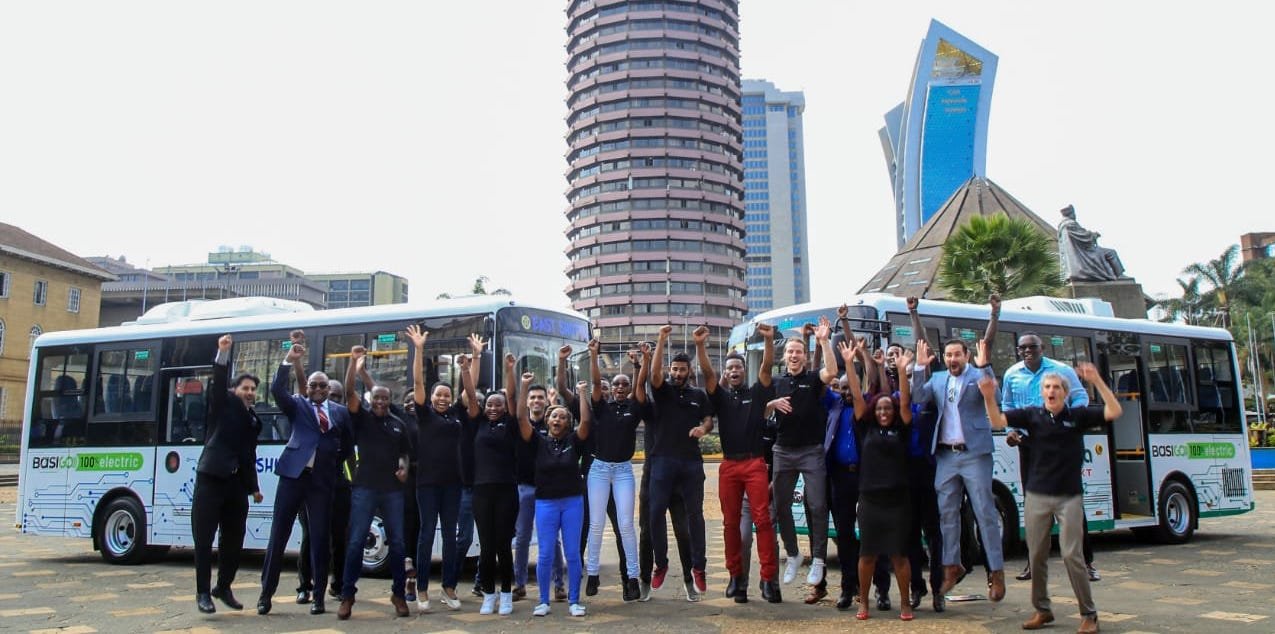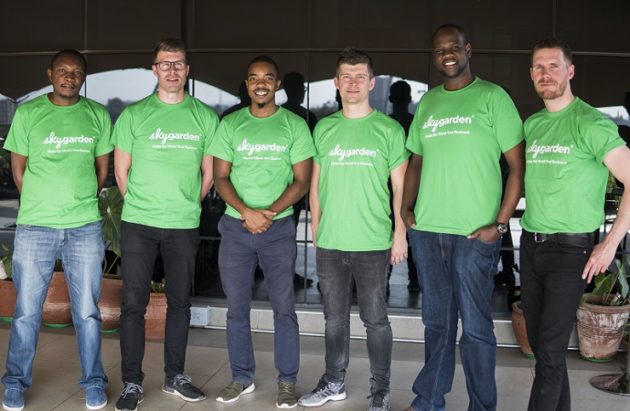Egyptian Auto Parts Startup Mtor Secures $2.8 Million in Pre-Seed Funding Led by Algebra Ventures
Egyptian online auto parts marketplace, Mtor, recently secured $2.8 million in pre-seed funding led by Algebra Ventures, an Egypt-focused venture capital firm. Other notable investors in this round include Dutch Founders Fund (DFF), Aditum Ventures, LoftyInc Capital, and various local and global angel investors.
Mtor, founded in April 2022 by Mohamed Maged, addresses inefficiencies and fragmentation in the auto parts supply chain, specifically targeting local workshops and car mechanic spaces in Egypt. Maged, drawing from his experience in the automotive sector in Germany, recognized a significant gap in information and technical knowledge between global suppliers and local service providers in Egypt.
Initially focused on supplying spare parts to local workshops and managing logistics, Mtor expanded its operations over time. The startup formed partnerships with importers to facilitate distribution in Egypt’s automotive after-sales market, which exceeds $5 billion in value. The country has an aging fleet of 8 million vehicles, and car owners spend an average of $600+ annually across 35,000 workshops and service providers.
Why The Investors Invested
Untapped Market Potential
Investors were attracted to Mtor due to its strategic position in Egypt’s automotive after-sales market, which exceeds $5 billion in value. The country has an aging fleet of 8 million vehicles, and car owners spend significant amounts annually on maintenance and aftersales parts. Mtor’s focus on addressing the pain points in this vast and relatively untapped market presented a lucrative opportunity for investors to capitalize on.
Innovative Solution to Industry Challenges
Mtor’s founder, Mohamed Maged, identified inefficiencies and fragmentation within the auto parts supply chain and the automotive aftermarket. Investors recognized the innovative approach of Mtor in simplifying the supply chain, offering more efficient pricing, and leveraging technology to bridge the gap between local workshops and importers. The startup’s commitment to resolving issues such as inaccurate fitment data, logistics challenges, and price transparency resonated with investors looking for disruptive solutions in the industry.
Experienced Leadership and Team
The leadership team at Mtor, including Mohamed Maged, CTO Khaled Kandil, COO Mohamed Altaf, and VP of Strategy Moaz El Megharbel, brought a combination of industry expertise and entrepreneurial experience. Maged’s background in the automotive sector, particularly in Germany, added credibility to the venture. Investors saw the team’s capability to execute the vision and navigate the complexities of the automotive after-sales market.
Efficient Business Model
Mtor’s business model, operating on a margin tied to the parts themselves and offering standardized pricing with free delivery, appealed to investors. The startup’s ability to serve over 2,500 workshops and fulfill more than 70,000 orders in a relatively short period demonstrated the scalability and efficiency of its operations. Investors were likely impressed by Mtor’s capacity to streamline the traditional supply chain, reducing costs for local mechanics and importers alike.
Strategic Partnerships and Expansion Plans
Mtor’s emphasis on forming partnerships with importers and parts suppliers aligned with investors’ interest in strategic collaborations. The startup’s plans to strengthen these partnerships, coupled with its expansion strategy within Egypt and potentially beyond, indicated a forward-looking approach that resonated positively with investors seeking long-term growth potential.
A Look at Mtor
Founded in April 2022 by Mohamed Maged, Mtor operates in Egypt’s automotive after-sales market, one of the largest in Africa and the MENA region. The startup, with a leadership team that includes CTO Khaled Kandil, COO Mohamed Altaf, and VP of Strategy Moaz El Megharbel, initially concentrated on supplying spare parts and managing logistics for local workshops.
Mtor’s unique approach involves simplifying the traditional supply chain, offering more efficient pricing through a tech platform that connects local workshops directly with importers. The startup has served over 2,500 workshops, fulfilling more than 70,000 orders in the past year and a half. Beyond distribution, Mtor’s Mechanic app facilitates ordering, provides insights into compatible aftersales parts, and establishes a feedback loop involving data, parts information, and pricing points.
Looking ahead, Mtor plans to strengthen partnerships with importers and parts suppliers, leveraging the new investment to enhance its product offerings and attract more mechanics monthly. The startup’s differentiation in focusing on B2B customers sets it apart from other platforms in the automotive sector, aiming to empower independent workshops and improve the overall experience for car owners in terms of quality, lead time, and pricing.
Mtor Auto Parts Mtor Auto Parts

















